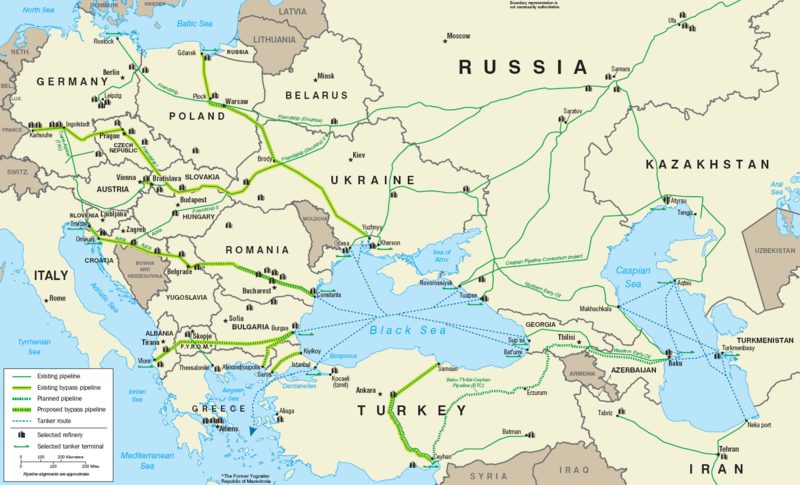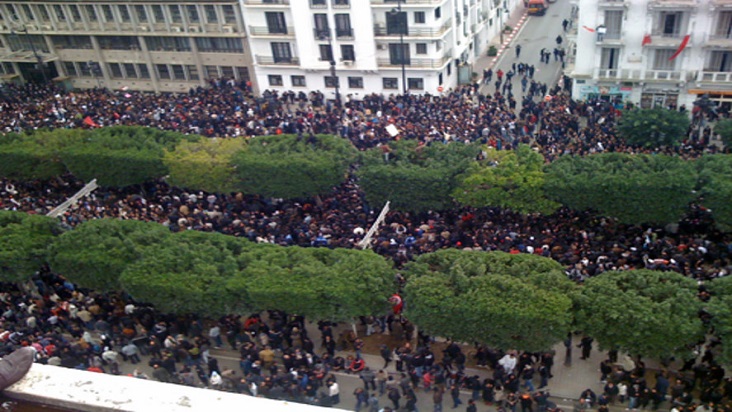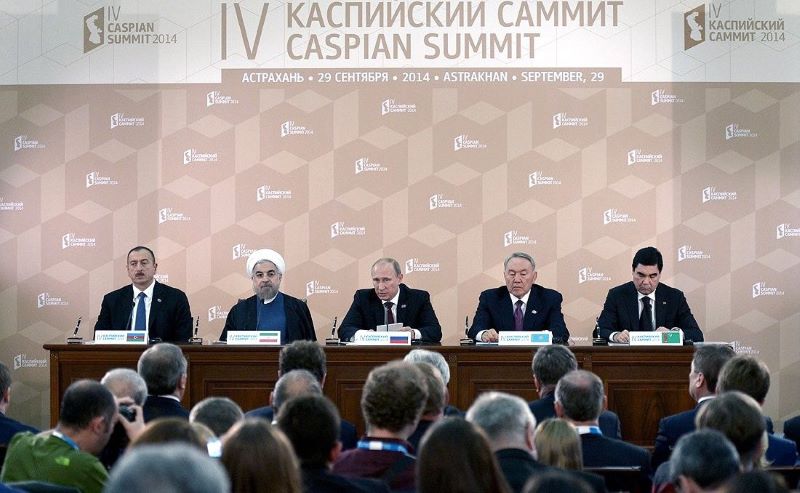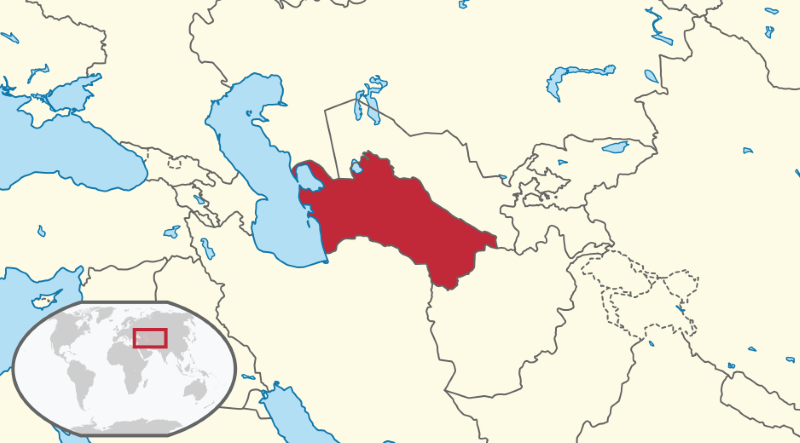The EU’s Energy Commissioner Kadri Simson will personally attend the annual interministerial meeting of the Advisory Council on the Southern Gas Corridor in Baku on February 4. She announced this, following a meeting of EU energy ministers in Amiens (France), where they discussed market uncertainties due to Russia’s decrease of flows to Europe and its exacerbation of situation around Ukraine.
She will also attend a conference in Washington a few days later, in order to discuss ways to increase gas deliveries to Europe. American LNG is already being shipped to Europe in large quantities, due to higher prices on the spot market.
In December, the European Commission proposed to revise gas supply regulations so as “to enable a more efficient use of storage capacities and to ensure adequate gas storage levels,” in Simson’s words. However, she followed that somewhat realistic statement with a formulaic invocation of the need “to complete the green transition” in order to attain “the only lasting solution to our dependence on fossil fuels.”
The fact of the matter is, of course, that although certain so-called renewable technologies may achieve market niches in Europe and elsewhere, nevertheless hydrocarbons will continue to be essential to human well-being and prosperity, for which indeed they are largely responsible over the last two centuries.
The recent agreement between Azerbaijan and Turkmenistan to explore together the Dostluk deposit in the middle of the Caspian Sea (over which they disputed for over 20 years) might seem to give Europe some cause for optimism, but it will still take time to develop. A more likely source is Azerbaijan’s own offshore deposits, such as the second-phase development of Shah Deniz.
Europe exhausted its chances to promote the grand, shore-to-shore Trans-Caspian Gas Pipeline (TCGP), which would have carried 30 billion cubic meters per year. Half of that volume would have reached Europe via the Southern Gas Corridor (SGC), and the other half through the projected White Stream pipeline under the Black Sea from Georgia to Romania.
For the realization of the TCGP, however, two things were missing that were present and required for the earlier success of the SGC. These were political will on the part of Tbilisi and political will on the part of Washington.
In Georgia, the monopolistic situation of the Georgian Oil and Gas Company (GOGC) in Georgia, and its special relation with Gazprom, meant that GOGC was always able to exert bureaucratic pressure through various government ministries, in order to block any momentum for the TCGP, despite political declarations by higher governmental officials.
In Washington, the geopolitical interest in the region that made possible the Baku-Tbilisi-Ceyhan oil export pipeline (which was the demonstration project signalling that the SGC could also be possible) diminished after Barack Obama became president.
This was partly due to the influence of Armenian special-interest groups and partly to what seemed like Obama’s mission to diminish US power and prestige in the world at large. His backtracking over his “red line” in Syria and his overly compromising policy toward Iran were only the most evident examples of this overall policy tendency.
Today, rather than being concerned with Caspian Sea energy, the US pays more attention to selling liquefied natural gas (LNG) to Europe, in order to help them overcome their self-inflicted shortfall of supply. The non-invitation of Turkey and Azerbaijan to the “Democracy Summit” in December 2021 only underlines the absence of any capacity for geopolitical calculus in the Biden Administration.
In addition to that, the US just recently dropped its support for the proposed East Mediterrean pipeline including Israeli, Cypriot and Greek cooperation, ostensibly in favor of electricity interconnectors, largely between Africa and Europe, because they could supposedly transit electricity from renewable as well as natural-gas sources.
While some commentators believe that the change in policy is designed to sell more American LNG to Europe, in fact it also represents one more reversal of an international-political undertaking from the Trump Administration, as if it were an ideological principle to undo as many Trump policies as possible.
Despite European surprise and shock at the American move, it is well-known throughout the EU that the Commission’s support for “studies” on this project has for years been merely a geopolitical token without expectation of any real result.
Talk has bubbled up again over the possibility of an Israel-Turkey pipeline in the East Mediterranean, for Israel’s offshore gas, but it is unclear whether this could be commercially viable, That is because original cost expectations, estimated in the mid-2010s, turned out to be unrealistically low for unexpected technical reasons.
The result of all these developments will be to increase European dependence on Caspian Sea gas resources, and on Azerbaijani gas in the first instance. The head of the Trans-Adriatic Pipeline (TAP), running from Greece to Italy, has already announced that TAP will be ready for expansion a year earlier than expected. The Trans-Anatolian Natural Gas Pipeline, running from east to west across Turkey, from Georgia to Greece, will easily handle any ramping-up in such volumes.
Image copyright: Oil and Gas Pipelines in Europe and Northwestern Asia, by United States Department of Energy via Wikimedia Commons. As a work of the U.S. federal government, this image is in the public domain.
Disclaimer: Any views or opinions expressed in articles are solely those of the authors and do not necessarily represent the views of the NATO Association of Canada.




